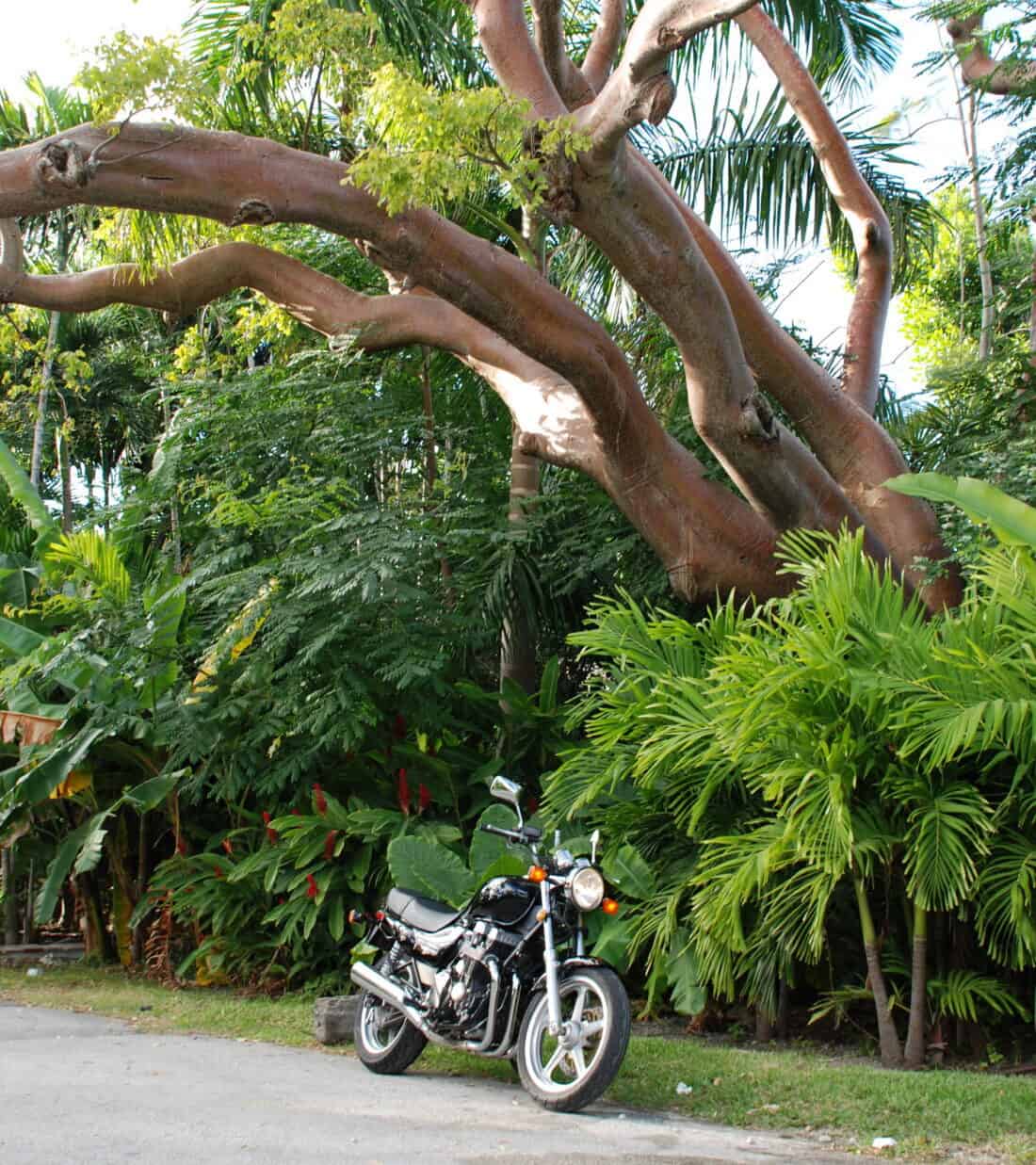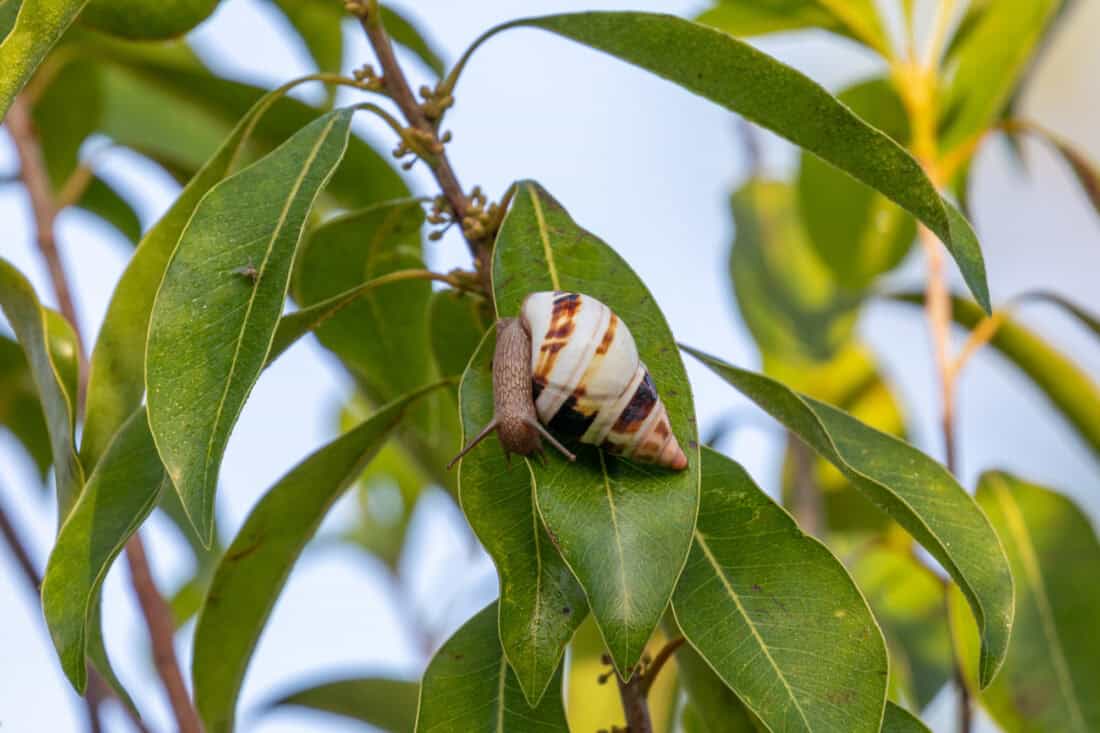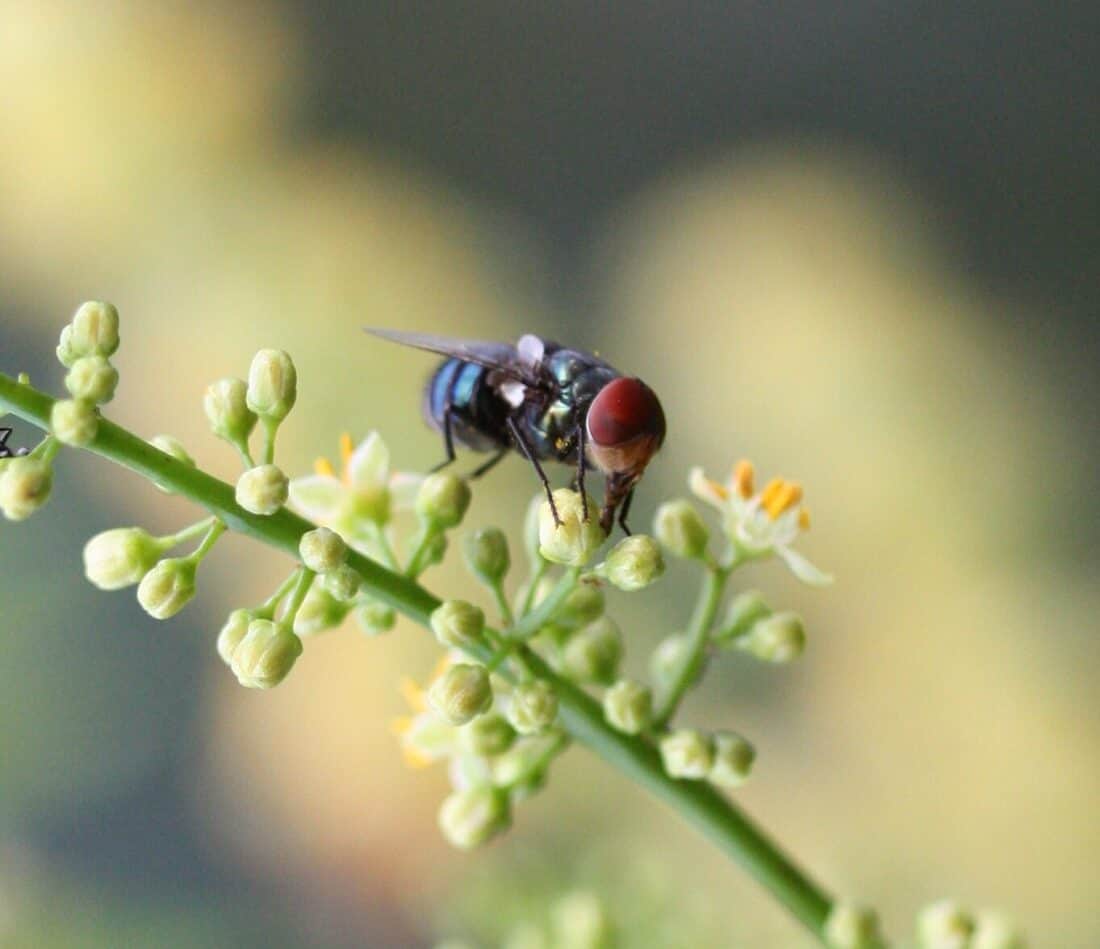It took me a while, but happily, I found an interesting specimen tree that is native to only one state, in this case Florida. Gumbo-limbo (Bursera simaruba) is a beautiful tree that is native not just to South Florida but to Caribbean islands and Central and South America. It is often referred to as the Tourist Tree because the tree’s bark is red and peeling – like the skin of sunburnt tourists, who are a common sight in the plant’s range.

Gumbo Limbo – A Keystone Species
Gumbo Limbo (Bursera simaruba) is a very useful plant economically and ecologically. It is well adapted to several kinds of habitats, which include salty and calcareous soils. It grows rapidly and is frequently planted in coastal areas. The Gumbo Limbo is a pioneer species, meaning it’s one of the first trees to colonize disturbed areas, helping to restore ecosystems. Its fast growth and ability to thrive in challenging conditions make it valuable for reforestation projects.
Bursera simaruba is a keystone species in its ecosystem.

Gumbo-limbo is also considered one of the most wind-tolerant trees you can plant. It is recommended as a rugged, hurricane-resistant species in stormy South Florida. Frequently planted for wind protection of crops and roads or as living fence posts, if simply stuck into good soil, small branches will readily root and grow into sizeable trees in a few years.

Gumbo-limbo wood is suitable for light construction and as firewood. The tree’s resin, called chibou, cachibou or gomartis is used as glue, varnish and incense.
And here is some trivia: Gumbo Limbo is the traditional wood used to manufacture carousel horses in the United States. The wood is soft and lightweight and is easily carved. Before the advent of plastics, it was an ideal choice for wooden horses.
More Interesting Trees and Garden Advice:






